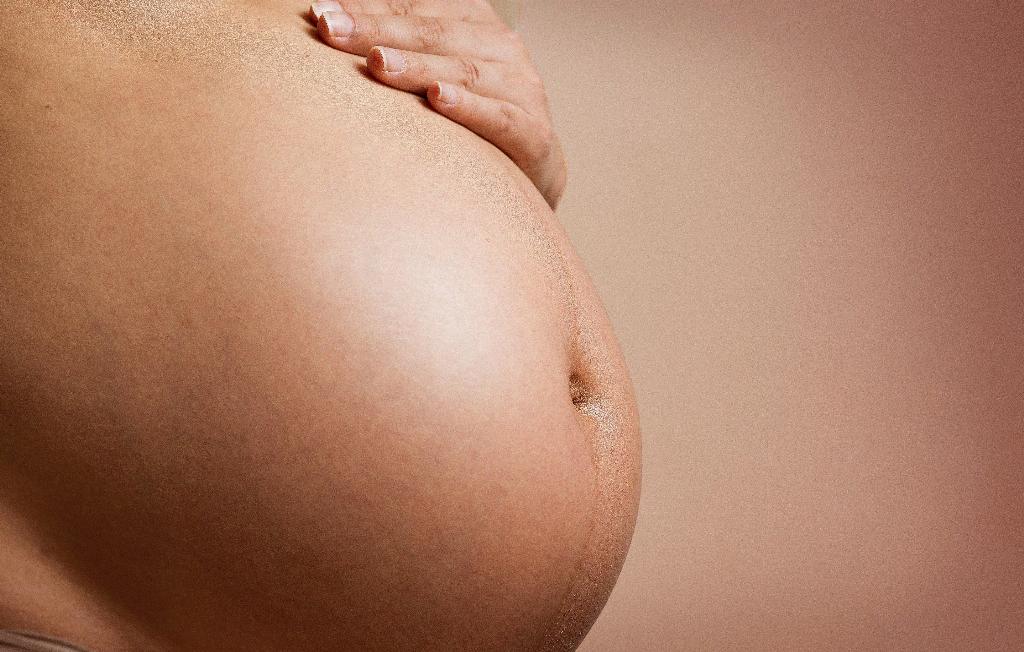When it comes to consuming green tea during early pregnancy, there are various factors to consider. On one hand, green tea is packed with antioxidants and has been associated with numerous health benefits. However, it also contains caffeine, which can have potential risks for pregnant women. Let’s delve deeper into whether green tea is a healthy choice during the early stages of pregnancy.
Antioxidant Properties of Green Tea
Green tea is renowned for its high concentration of antioxidants, such as catechins and epigallocatechin gallate (EGCG). These compounds have anti-inflammatory and anti-carcinogenic properties, which can be beneficial for overall health. During pregnancy, maintaining a balanced diet rich in antioxidants is essential for the well-being of both the mother and the developing fetus.
The Role of Caffeine in Green Tea
While green tea offers a plethora of health-boosting antioxidants, it also contains caffeine. Caffeine is a stimulant that can cross the placenta and reach the fetus. Excessive caffeine intake during pregnancy has been linked to an increased risk of miscarriage and low birth weight. It is recommended that pregnant women limit their caffeine consumption to ensure a healthy pregnancy.
Limitations on Caffeine Intake
Health experts suggest that pregnant women limit their daily caffeine intake to 200 milligrams. A typical cup of green tea contains around 30-50 milligrams of caffeine, depending on the brewing method. Therefore, consuming one or two cups of green tea per day is generally considered safe during pregnancy, as it falls within the recommended caffeine limit.
Consultation with Healthcare Providers
Every pregnancy is unique, and individual circumstances may vary. It is vital for pregnant women to consult with their healthcare providers before making dietary decisions, including the consumption of green tea. Healthcare professionals can provide personalized advice based on the mother’s health status and the specific needs of the pregnancy.
Potential Benefits of Moderate Green Tea Consumption
When consumed in moderation, green tea can offer various benefits for pregnant women. Its antioxidant properties may help reduce oxidative stress, combat inflammation, and support the immune system. Additionally, green tea has calming effects and can be a soothing beverage for pregnant women experiencing nausea or indigestion.
Concerns About Caffeine Content
Despite the potential benefits of green tea, the caffeine content remains a primary concern for pregnant women. High levels of caffeine have been associated with adverse pregnancy outcomes, including preterm birth and fetal growth restriction. It is crucial to be mindful of overall caffeine intake from various sources, including green tea.
Choosing Decaffeinated Green Tea
For pregnant women who enjoy the taste of green tea but are concerned about the caffeine content, decaffeinated green tea is a viable alternative. Decaffeinated green tea undergoes a process to remove most of the caffeine while retaining the beneficial antioxidants. Opting for decaffeinated green tea can provide the flavor and health benefits without the potential risks of caffeine.
Balanced Dietary Choices During Pregnancy
During pregnancy, maintaining a well-rounded and balanced diet is paramount for the health of both the mother and the developing baby. Green tea can be a part of a varied diet, but it should not be the sole source of hydration. Drinking plenty of water, consuming nutrient-dense foods, and following the guidance of healthcare providers are essential components of a healthy pregnancy.
Individual Considerations and Preferences
Ultimately, the decision to consume green tea during early pregnancy should be based on individual considerations and preferences. While some pregnant women may choose to enjoy an occasional cup of green tea for its potential health benefits, others may opt to avoid it altogether to mitigate any risks associated with caffeine. Each woman’s choice is valid, and what matters most is making informed decisions that prioritize maternal and fetal well-being.
Conclusion: Moderation and Awareness
In conclusion, green tea can be a part of a balanced diet during early pregnancy, as long as it is consumed in moderation and within recommended caffeine limits. Being aware of the potential risks associated with caffeine and consulting healthcare providers for personalized advice are crucial steps for ensuring a healthy pregnancy. By making informed choices and being mindful of overall dietary habits, pregnant women can enjoy the potential benefits of green tea while safeguarding the well-being of themselves and their developing babies.

